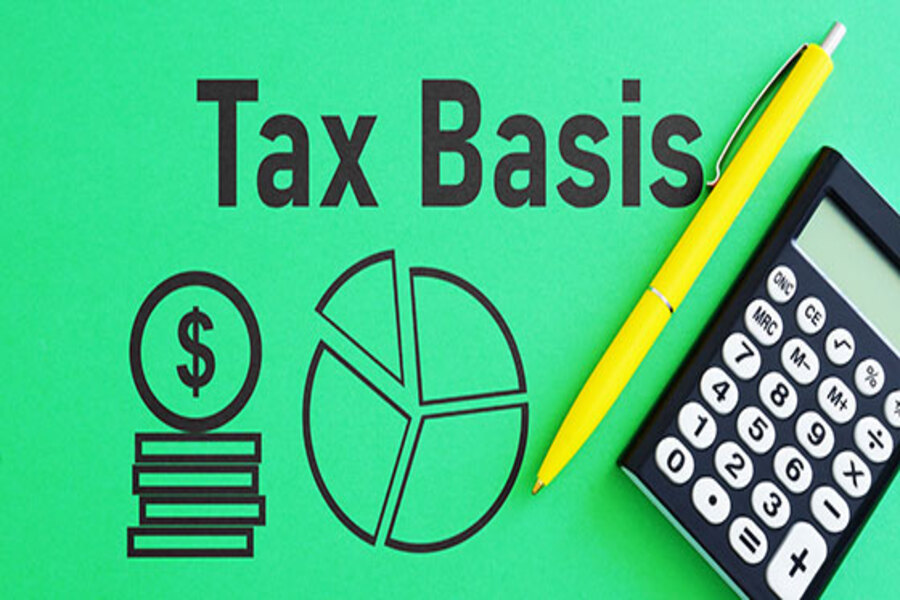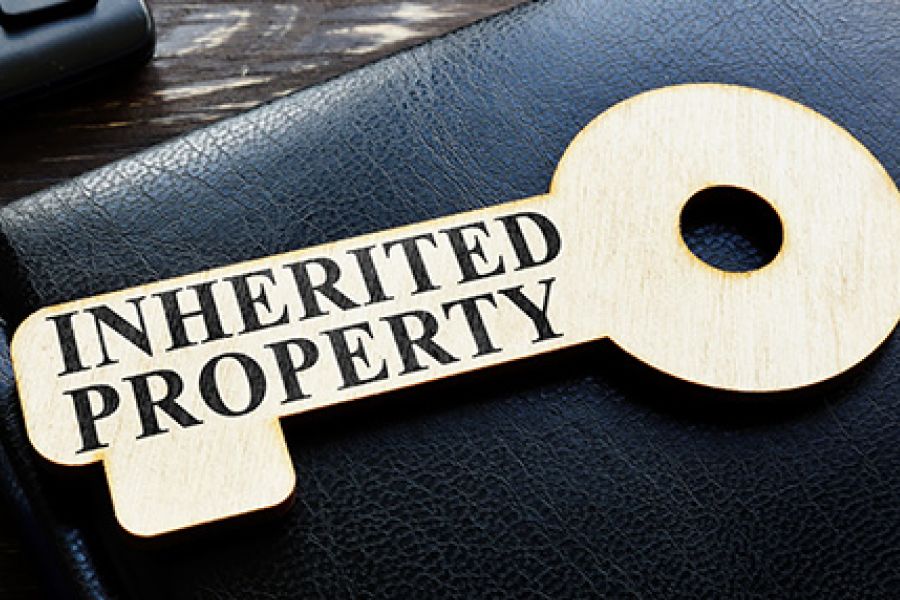If you’re planning your estate, or you’ve recently inherited assets, you may be unsure of the “cost” (or “basis”) for tax purposes. How do the rules work? Under the current fair market value basis rules (also known as the “step-up and step-down” rules), an heir receives a basis in inherited property equal to its date-of-death value. So, for example, if your grandfather bought stock in 1940 for $600 and it’s worth $1 million at his death, the basis is stepped up to $1 million in the hands of your grandfather’s heirs — and all of that gain escapes federal income tax. The fair market value basis rules apply to inherited property that’s includible in the deceased’s gross estate, and those rules also apply to property inherited from foreign...






